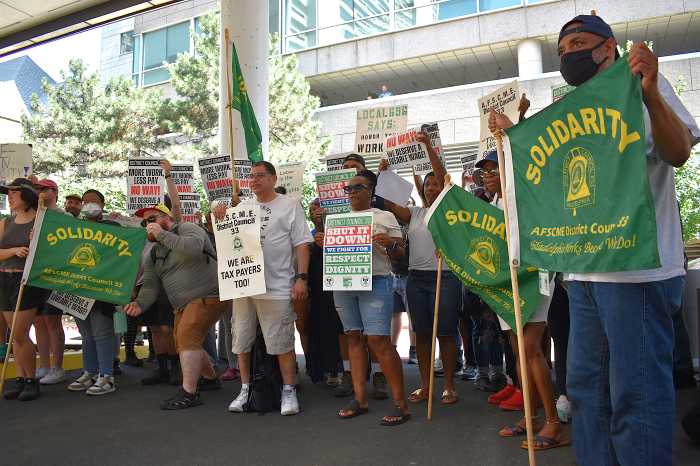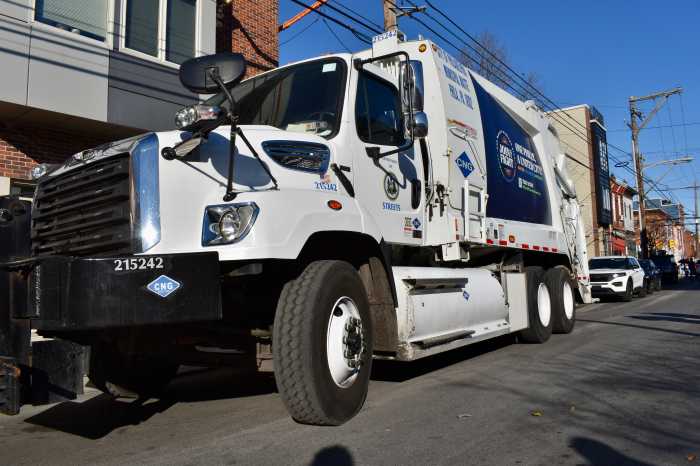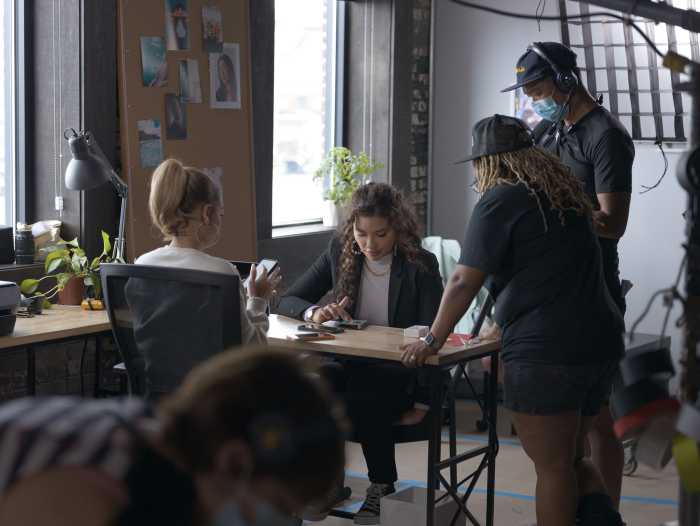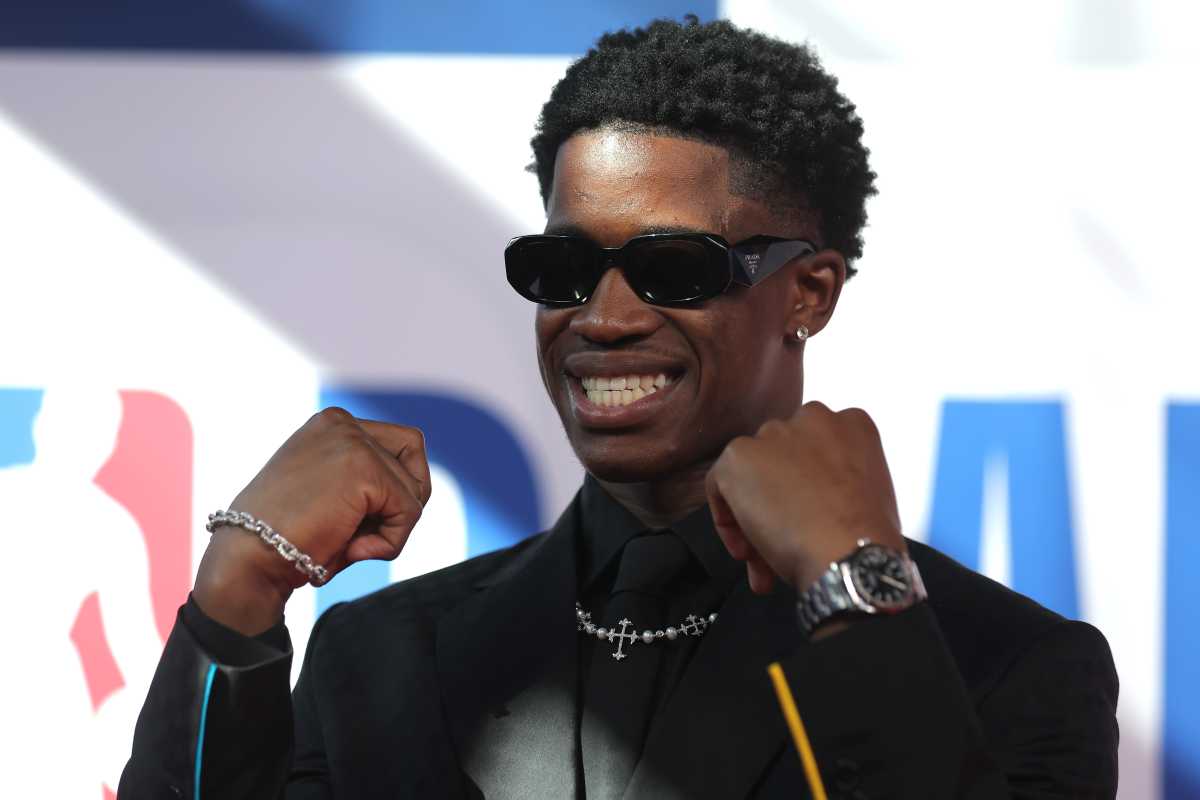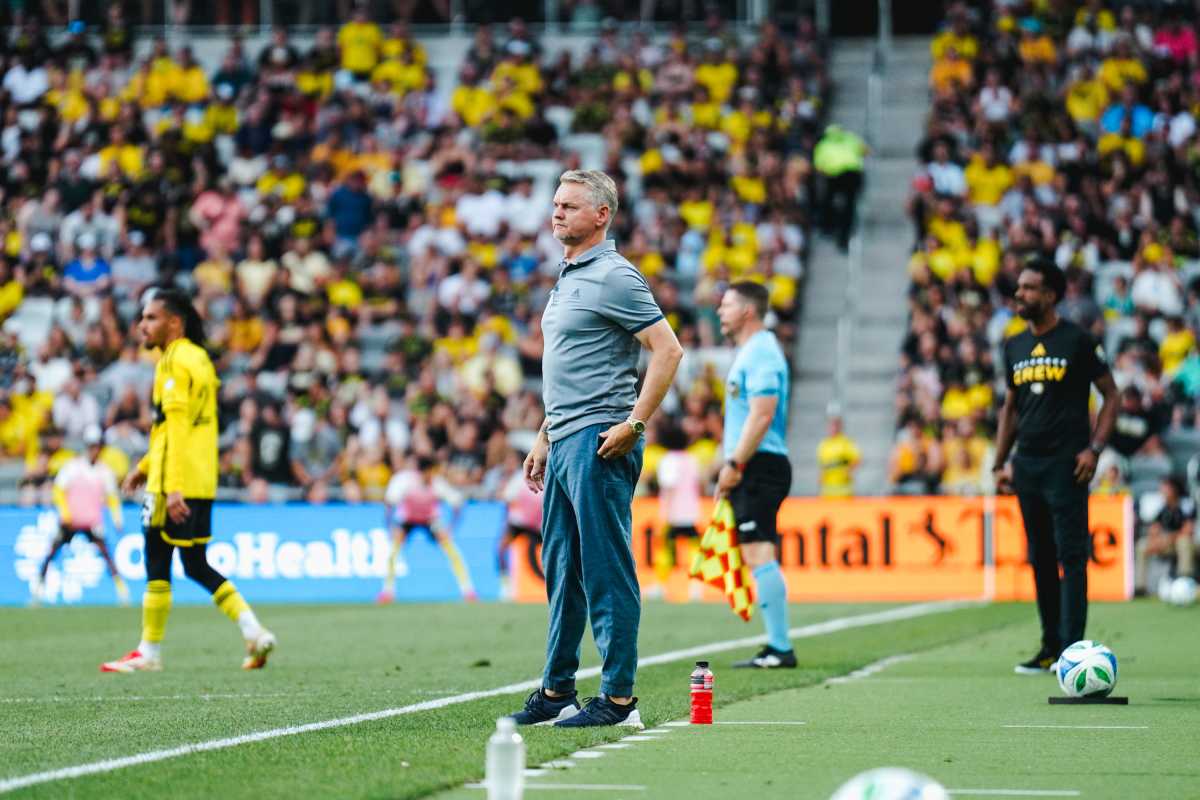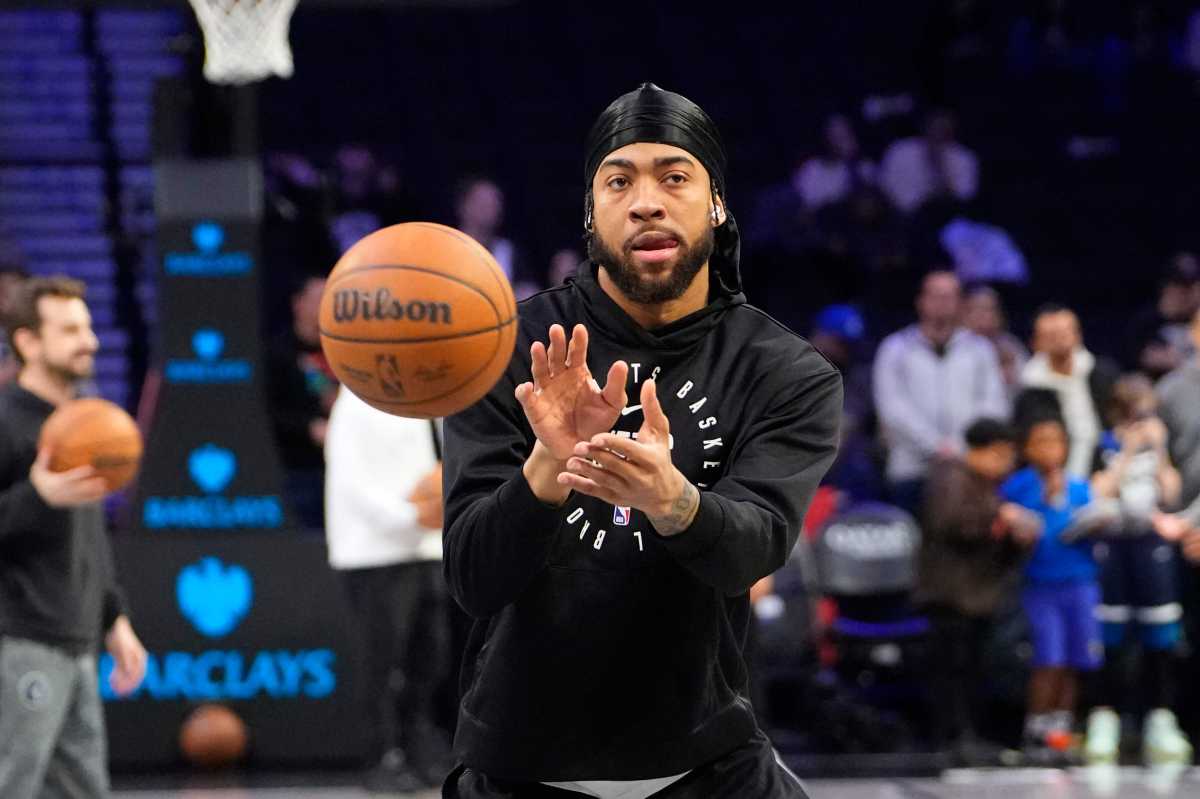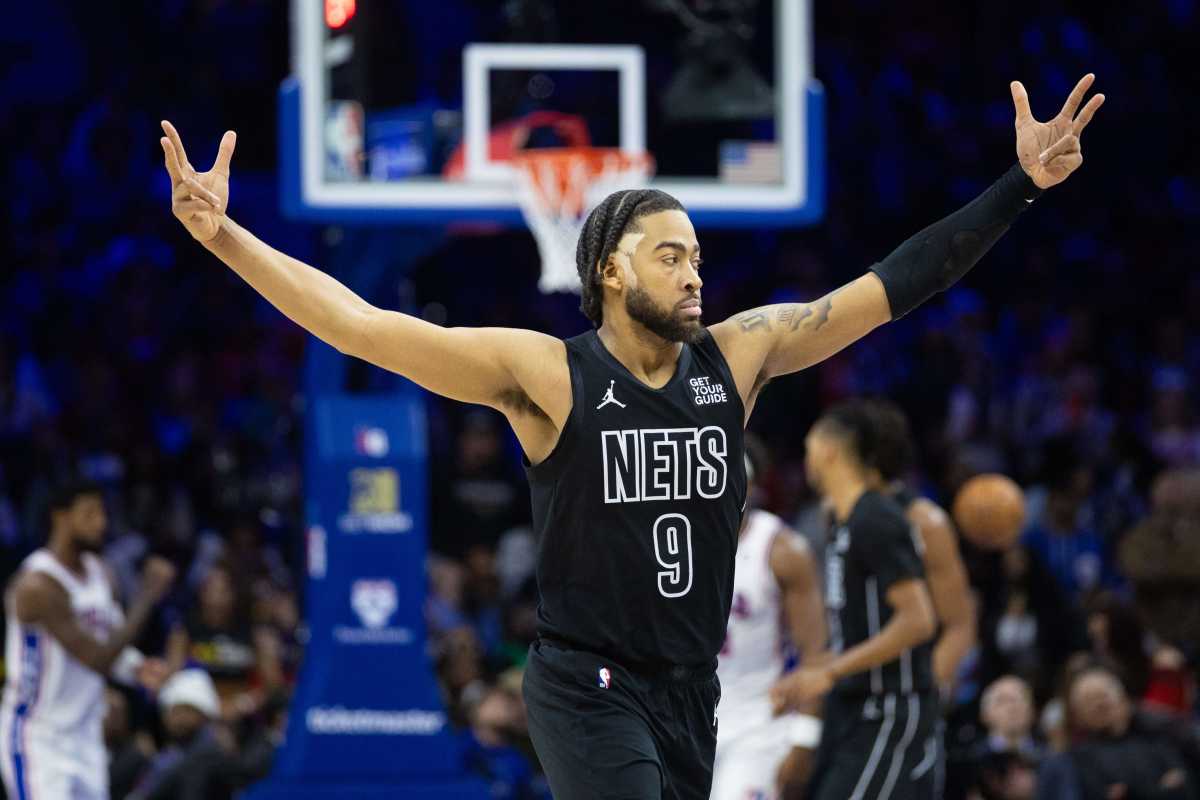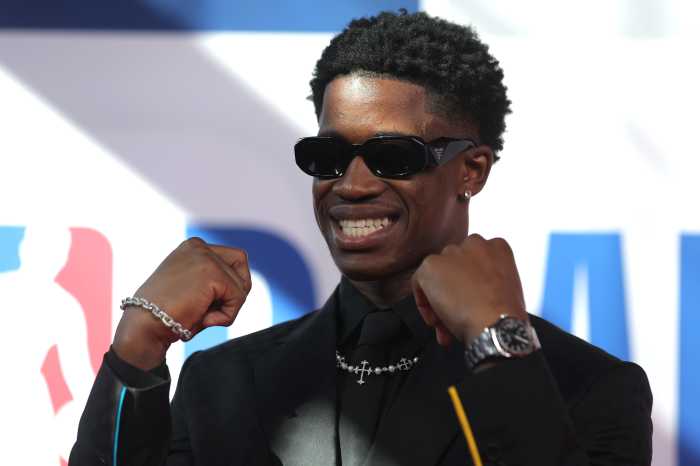Felicia Pendleton, the mother of a 20-year-old shot to death on a North Philly street earlier this month, testified to City Council Monday about the ongoing bloodshed in Philadelphia.
“I don’t want my son’s death to be in vain. I knew my son, and what he wanted to do. I need to help his friends now,” said Pendleton, 40. “He was a motivator.”
City Council’s Committee on Public Safety held a day long hearing Monday on youth gun violence in the wake of an especially bloody few weeks. There were multiple murders last week, 10 shootings last Wednesday alone, and six murders in a day two weeks before that. Jayvon Mitchell-Pendleton was slain onMarch 2 near 23rd Street and Lehigh Avenue. Two suspects are in custody charged with the shooting. Pendleton said she didn’t know the suspects and still doesn’t know why her son was shot, saying he was not a drug dealer and did not carry a gun. (RELATED:Outgoing Philly police chief: Sometimes murderers walk free) Law enforcement leaders, academics and social workers testified during the hearing about stopping the violence. There were plenty of good ideas: addressing truancy, improving education, connecting young people with after-school activities and jobs, and increasing funding to programs that provide psychological services to children affected by violence. But Pendleton’s message in her testimony made thegap between the ideas and the reality of the violence that snatched her son’s life clear: “I need to see it outside of City Hall. I need to see some work being done for these youth and these kids right now,” she testified, to applause. (RELATED:One year later: Liberian chemist reflects on trauma of arrest) There have been 62 murders in Philadelphia since 2016 began, a six-percent increase over 2015, and no clear answer to curbing the city’s violence emerged after more than six hours of testimony. People testifying at Council brought up court diversion programs, law enforcement programs and services like Powercorps PHL as examples of things that can help youth avoid trouble. Butothers wondered whether people trapped in a cycle of violence even know about these opportunities. “Are we putting enough money into these programs or doing enough to let people know about them?” asked Councilman Curtis Jones Jr., chair of the committee on public safety. “The average person on the street, whether you are a victim of crime, whether you are a potential person who wants to get out of that life, doesn’t know what those pathways are.” Dr. Joel Fein, of the Children’s Hospital of Philadelphia’s (CHOP) violence prevention initiative, testified that youth gunshot victims are on the rise in Philly, with more than 480 such cases in 2015. “Once a teenager feels that he or she needs a gun, there are few things that can convince them otherwise,” Fein testified.
He shared insights from youth victims of violence interviewed at CHOP: “Guns are everywhere,” one said. “I don’t want a gun, but the world is just so crazy right now,” said another, according to Fein. The high number of illegal guns in Philly was cited as one cause of the bloodshed in the city.
“There are no gun factories in Point Breeze, there are no gun factories in Strawberry Mansion,” said Councilman Kenyatta Johnson. “Clearly these guns are coming from somewhere.”




